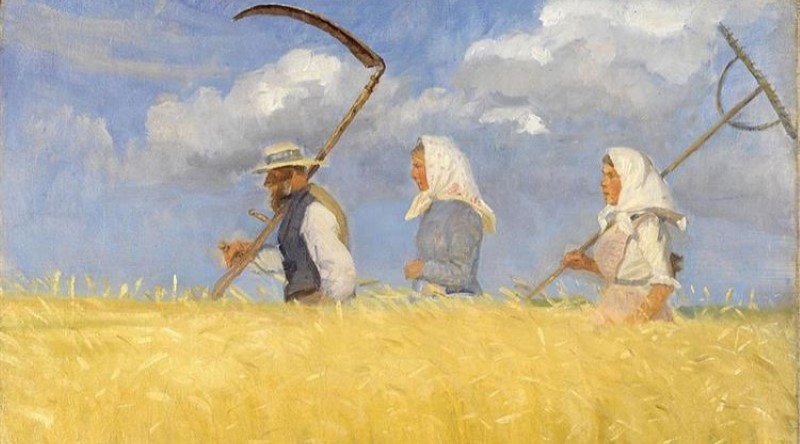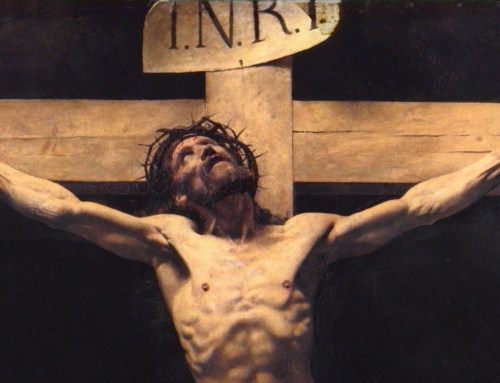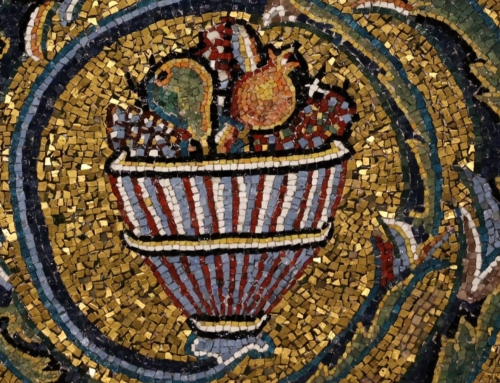A few years ago Google reported a dramatic increase in searches containing the phrase “open now” and a corresponding drop-off in searches for “store hours.” The same report also noted that “53% of visits are abandoned if a mobile site takes longer than three seconds to load.” This data indicates something we already know: we are an increasingly impatient generation. We prize two-day shipping and ad-free streaming. We want things now—not later.
It is not surprising, then, that we might expect immediate results in the spiritual life, too. Since we have confessed and forsaken all the sins of our miserable past, and because we have truly received from God’s fullness, “grace in place of grace” (John 1:16), it seems like a life of sanctity should follow easily and swiftly.
Yet we soon realize that, despite our resolve to surrender every acre of our hearts to Jesus, we are not yet as we should be. We still do the evil we do not want to do (cf. Rom 7:19); we still “do not know how to pray as we ought” (Rom 8:26). We remain imperfect. The problem, of course, is not that our conversion was a mere mirage or that God’s grace is ineffective. Rather, the problem is that holiness takes time and we are impatient.
The Parable of the Seed Growing Secretly—the only Gospel parable on which Saint Mark has a monopoly—can shed light on our situation. Jesus tells us:
This is how it is with the kingdom of God; it is as if a man were to scatter seed on the land and would sleep and rise night and day and the seed would sprout and grow, he knows not how. Of its own accord the land yields fruit, first the blade, then the ear, then the full grain in the ear. And when the grain is ripe, he wields the sickle at once, for the harvest has come. (Mark 4:26-29)
Saint Gregory the Great sees in this passage an image of the stepwise nature of our growth in virtue. Unlike online shopping orders, sanctity does not come overnight. Instead, it is acquired gradually, bit by bit, over long years and decades. We want instantaneous impeccability, but improvement happens incrementally.
Just as in a single moment we do not see our hair growing longer or children growing taller, our progress toward perfection is likewise imperceptible. As St. Gregory puts it, the devout man “rises night and day, because he advances amidst prosperity and adversity, though he knows it not, for he is as yet unable to measure his increase, and yet virtue, once conceived, goes on increasing” (Homilies on Ezekiel, Bk. 2, Hom. 3). With the seed of virtue planted in us, we are being transformed—little by little, day by day—into the image of Christ (cf. 2 Cor 3:18).
Notice also the unseen force at work as the seed sprouts and grows. Saint Paul says, “Neither the one who plants nor the one who waters is anything, but only God, who causes the growth” (1 Cor 3:7). As crops rise up from the earth by a power beyond the purview of the farmer, so too are we made ready for what St. Gregory calls “the heavenly granaries,” not primarily by our own efforts, but by the power of God at work in us (cf. Eph 3:20). Like the seed which grows into a mature crop fit for the harvest, we poor sinners can be made into saints fit for paradise. It is God himself who will complete this good work that he has started in us—not instantly, overnight, or in two days, but over a lifetime.
✠
Image: Anna Ancher, Harvesters







